02 Feb What is a Veterinary Resident?
Along with Dr. MJ Redman, our board-certified Veterinary Dentist™, you may also meet two other doctors while your pet is receiving care here at Animal Dental Care & Oral Surgery – Dr. Siddall & Dr. McGuirk! Dr. Siddall & Dr. McGuirk are veterinarians whose practice is limited to dentistry and they are our veterinary residents that are working towards becoming board-certified by the American Veterinary Dental College®.

Dr. Siddall (left) and Dr. McGuirk (right)
Who can become a veterinary resident?
Veterinary residents are veterinarians who have graduated from an accredited school of veterinary medicine and are licensed to practice veterinary medicine in their state. In addition, prior to starting their residency, residents are required to complete a formal 12-month internship program or have had an equivalent experience working in general practice after they graduated from veterinary school.
What is involved with a residency?
Residency programs with the American Veterinary Dental College® are typically three years in length (a minimum of 30 months). During this time, residents see cases under the supervision of a board-certified Veterinary Dentist™ and are required to log cases in all areas of specialty veterinary dentistry and oral surgery practice. Residents also participate in research and must have their research published in a scientific journal. Finally, residents are required to spend time learning from veterinary anesthesiologists, radiologists and surgeons during their residency.
What happens after a residency?
Once a resident has completed their residency program, they must pass the American Veterinary Dental College® certification examination before they are considered specialists and can use the title of Veterinary Dentist™. The examination consists of two parts. The first part is taken over two days and consists of written questions aimed at assessing the candidate’s knowledge of all areas of veterinary dentistry practice. The second section is a practical exam taken over three days where candidates are tested on their ability to perform a wide array of procedures on cadaver specimens.
How long does it take to become a Veterinary Dentist™?
Although the residency program is typically three years in length, residents have been studying for much longer. In the US, veterinary school is a four-year program and most veterinary schools require a minimum of two years of undergraduate studies before enrolling in veterinary school. This means that by the time they’ve finished their residency, Dr. Siddall & Dr. McGuirk will have spent a minimum of ten years preparing to become specialists and treat their patients!
What other specialties are there in veterinary medicine?
Veterinary Dentistry™ is one of 46 distinct specialties recognized by the American Veterinary Medical Association. Other specialties include anesthesiology, surgery, radiology, pharmacology, toxicology, internal medicine, ophthalmology, dermatology and many others!
We are proud to be a part of the community of veterinary specialists providing the gold-standard of medical care to Colorado pets.
Photo by Breanne Sartori from Pexels



